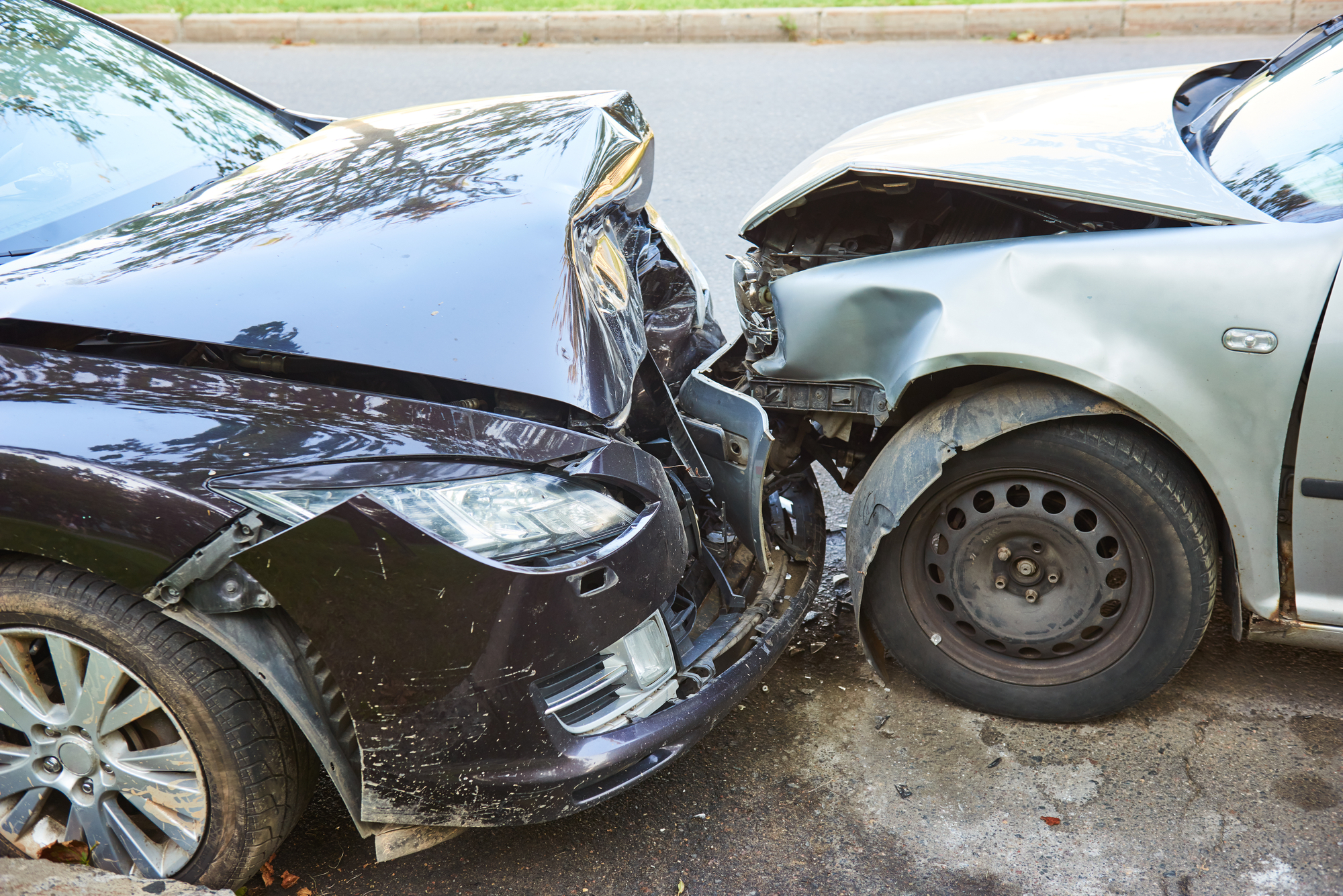The Law Addresses Life-changing Injuries in California
Suffering any injury can significantly disrupt a person’s life. All it takes is a hairline fracture on a small bone in our feet, and suddenly, we can’t walk for weeks. Unfortunately, some physical harms are much more severe. In fact, many people find themselves asking how California law addresses compensation for amputation and disfigurement injuries.
These injuries are clearly more severe than a fractured foot. Fortunately, the law recognizes this fact. In California, disfigurement and amputation are typically covered by either workers’ compensation or personal injury law. In some cases, both areas of law may be relevant to a case. Regardless of the unique circumstances, it’s critical that you understand your rights.
What if You Suffer a Workplace Injury?
Suffering an injury so severe that it results in disfigurement or amputation is already traumatizing. However, it can feel far more disheartening when such an injury occurs at work. After all, you were simply trying to earn a living — and now your ability to do so has been forever hindered. Fortunately, workers’ comp is one of the important ways California addresses compensation for disfigurement and amputation.
Under the law, injured employees are entitled to financial benefits. This money is meant to cover their medical bills and lost income. There is no need to prove negligence in these situations. The fact that a person is injured while engaged in work-related activities is typically enough to qualify for benefits. However, securing these benefits isn’t always easy.
Even for minor injuries, employers and workers’ comp providers may drag their feet. After all, no company enjoys the prospect of losing money. However, such issues are more likely when a worker suffers a catastrophic injury — because benefits can quickly get expensive. Therefore, it never hurts to work with a legal professional when seeking workers’ comp.
Catastrophic Injuries and Personal Injury Law
Workers’ compensation benefits are available to those who are injured on the job. However, incidents that result in catastrophic injuries don’t always occur in the workplace. Fortunately, California law addresses compensation for disfigurement and amputation through its personal injury statutes. These laws can result in significant compensation.
Put simply, an individual is typically entitled to financial recovery if another person’s negligent, reckless, criminal, or other actions led to injury. In many cases, it’s possible to reach a settlement. When an agreement cant be reached, though, you may be entitled to the following damages:
- Special damages: These damages reimburse injury victims for financial losses. For instance, a court award could compensate a person for lost wages, hospital bills, medical devices, and more.
- General damages: Not all losses are financial in nature. General damages are meant to compensate a person for non-monetary losses. This could include pain and suffering, emotional distress, and diagnosed psychological issues.
- Punitive damages: When a court decides that a defendant was particularly egregious in their actions, they may award additional punitive damages. This is not meant as compensation — but rather a punishment on the liable party.
Keep in mind that not every case will qualify for all these damages. For instance, securing punitive damages has historically been difficult — particularly in your average accidental injury case. Still, the damages a person is entitled to could be significant — and this is particularly true in cases of disfigurement and amputation.
If you’ve suffered a serious injury, speak with a personal injury lawyer to learn more about your options. Even if you think you qualify for workers’ comp benefits, you may still be entitled to much more.
Does California Law Allow Dual Recovery?
In most cases, a person who is eligible for workers’ compensation will not be able to file a legal claim for damages. Workers’ comp is considered an exclusive remedy — meaning it’s the only form of compensation available. However, many people don’t realize that there are instances where workplace injuries may also qualify an individual for personal injury damages.
For instance, there are situations where an employer may not have workers’ compensation insurance, as required by law. In such a scenario, a personal injury claim may be the only way for a worker to recover compensation. Workers can also file legal claims when a third party — such as an independent contractor — was the cause of their injuries.
Put simply, California law addresses compensation for amputation and disfigurement in many ways. Unfortunately, the average person may not understand what they’re entitled to. Complex questions can arise regarding where an injury occurred, who was at fault, legal remedies available, and more. That’s why seeking legal counsel is always ideal.
Is Hiring an Attorney Really That Important?
When someone suffers a catastrophic injury, they’ll invariably ask whether they need an attorney. This is an understandable question — particularly if the facts of your case seem straightforward. After all, an on-the-job injury should always qualify for workers’ comp, right? And if another person’s negligence results in losses, it only makes sense that a jury would side with you.
Unfortunately, the legal system is often far more complex than most people realize. Workers’ comp providers may try to minimize the payments you receive. Even worse, the insurers of negligent parties will often try to pay out nothing when their policyholders cause personal injuries. If this happens, you definitely don’t want to face an amputation and dismemberment lawsuit on your own.
At Benner Law Firm, we understand that what you’re going through is devastating. Contact us at (619) 505-3935 to schedule your free consultation. We can help you navigate how California law handles compensation in disfigurement and amputation cases.
 Call Us Now
Call Us Now Email Us Now
Email Us Now


